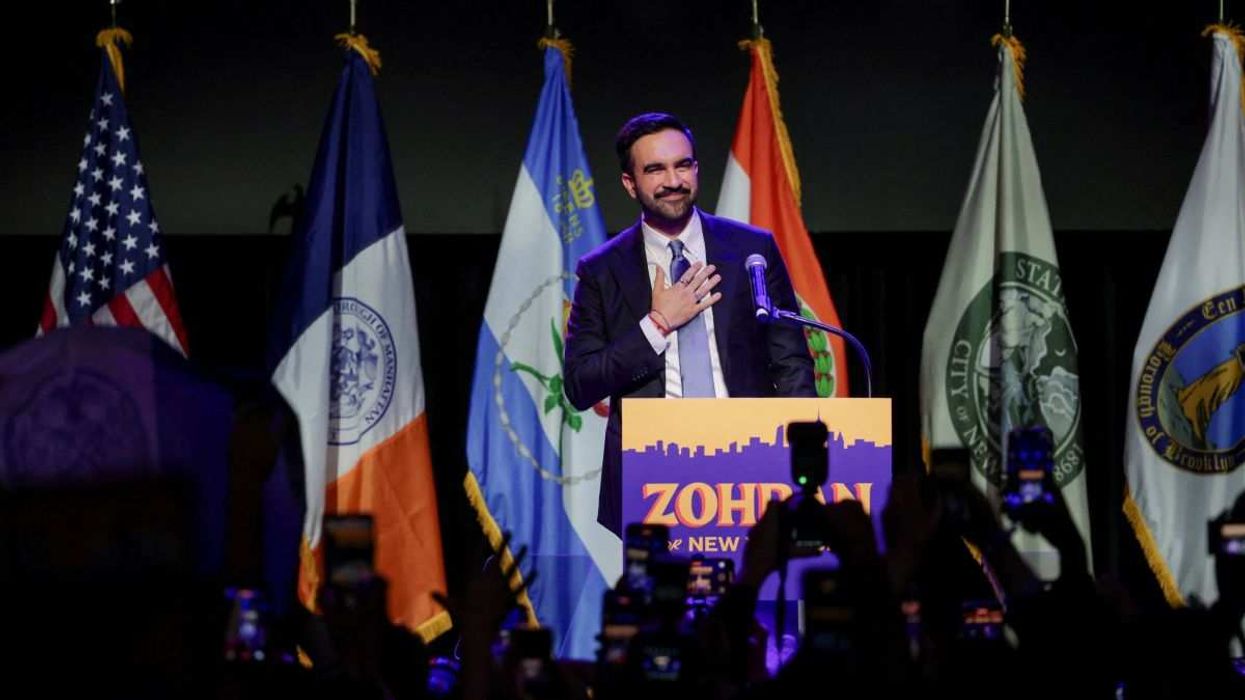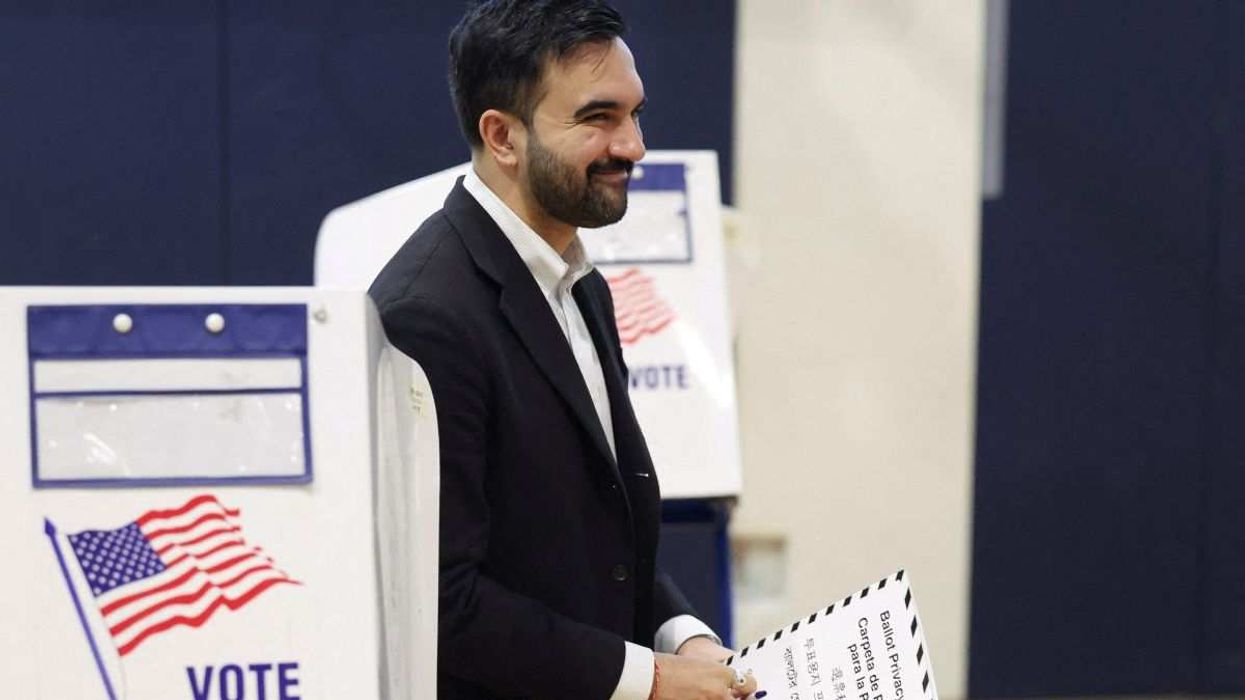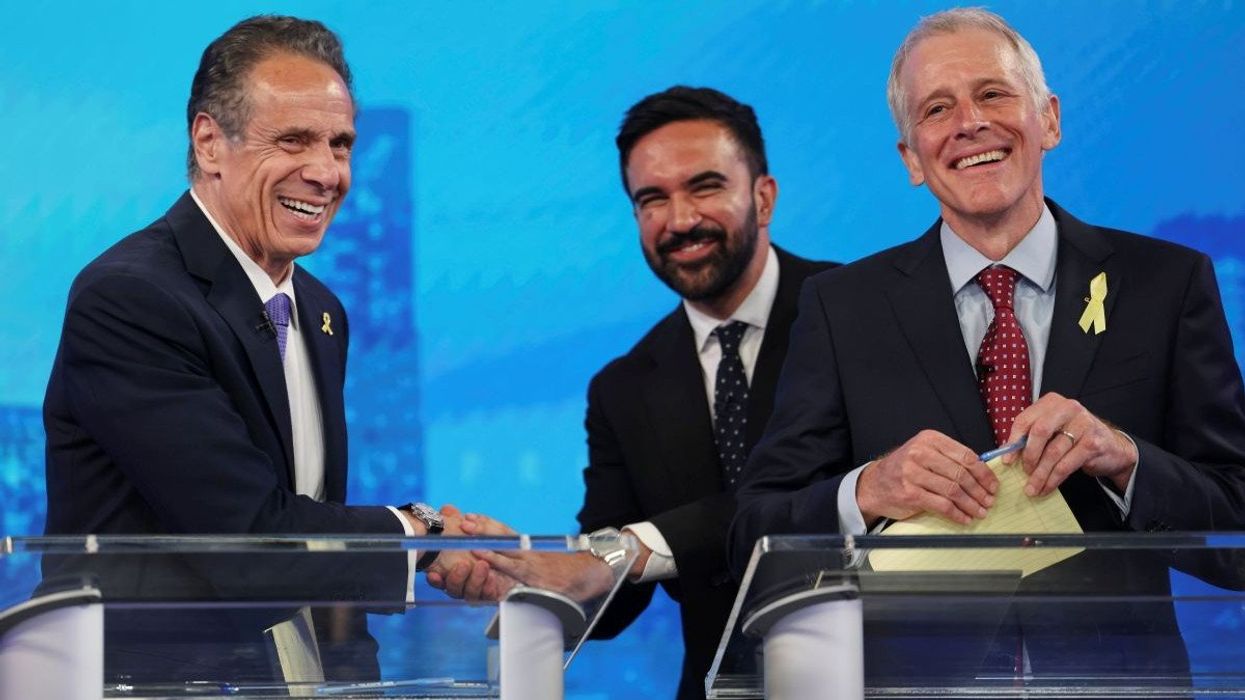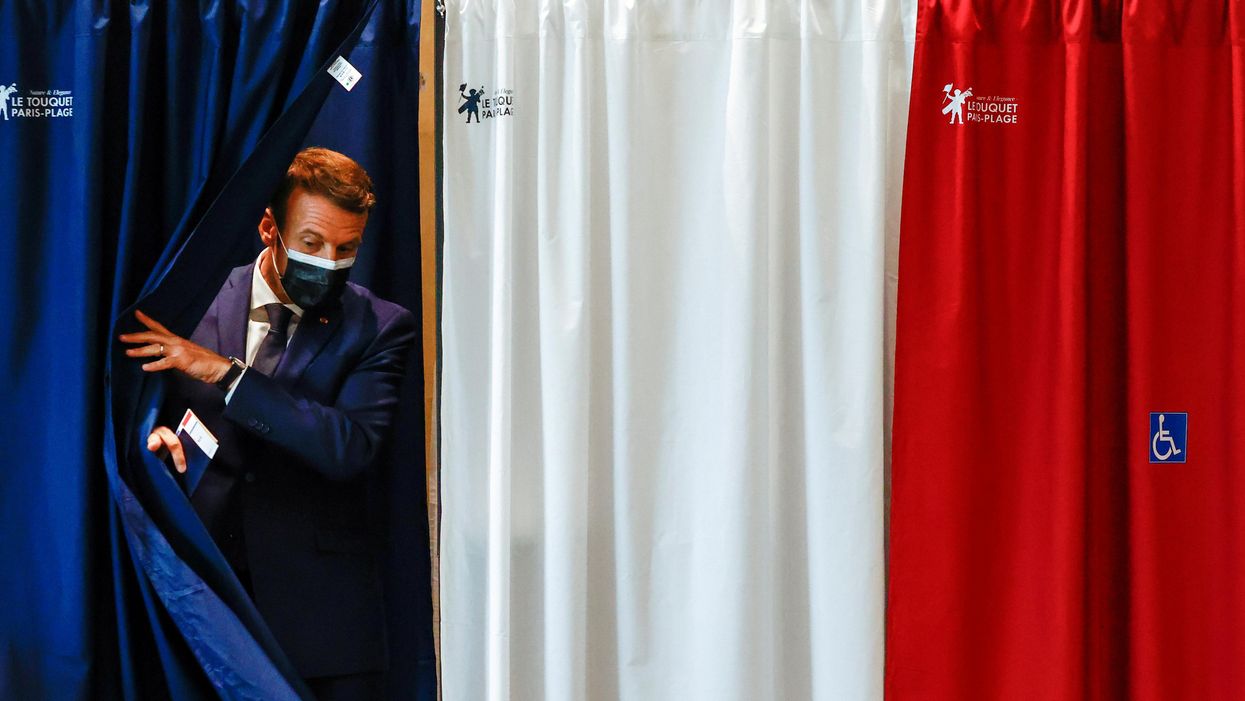Analysis
Now the real work begins
Democratic socialist Zohran Mamdani was elected mayor of New York City yesterday following a social-media-first campaign that was laser-focused on affordability. His real challenge, though, has only just begun.
Nov 05, 2025




